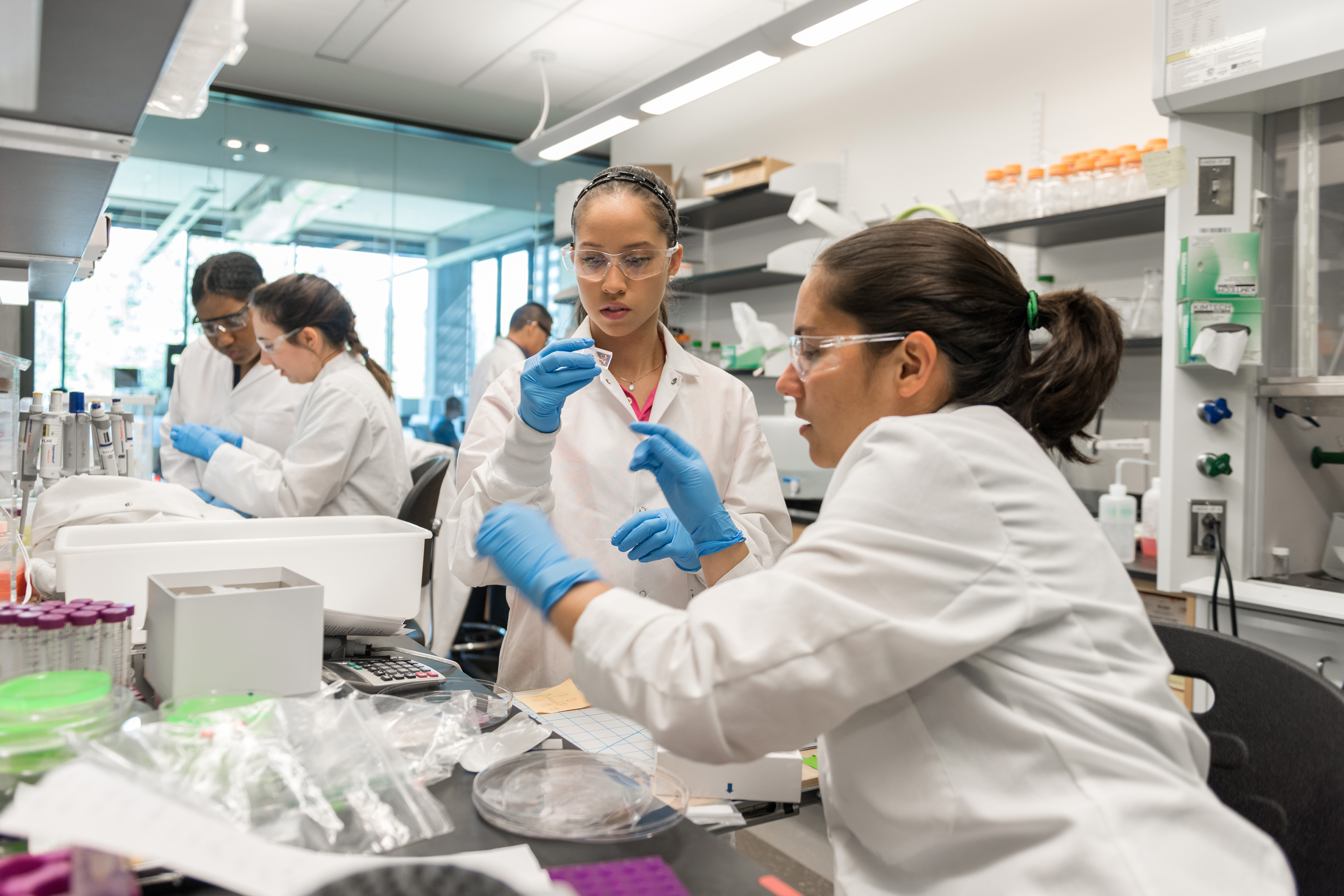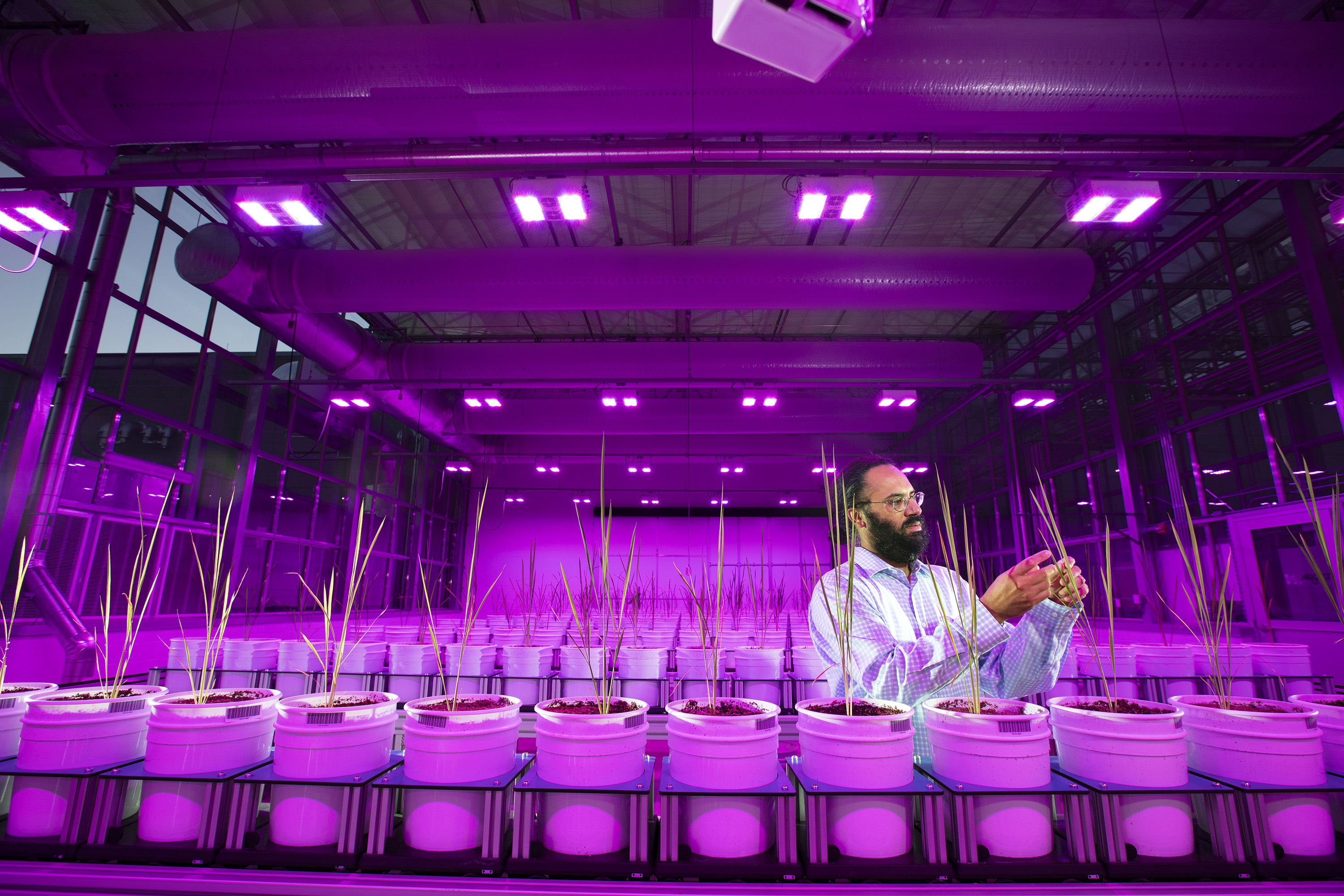Trainees: Tomorrow’s STEM workforce
Through the NRT program, thousands of graduate students have pursued cutting-edge research and prepared for careers in STEM fields and beyond. There are currently 1500 trainees participating in the NRT program.
"[The NSF Research Traineeship at] BU URBAN allows me to work with researchers in different disciplines and community members. I truly believe it's going to allow me to do what I want in the future, which is really work at this nexus of communities, environment and public health, in a way that's actually going to inform policy and change people's lives."
Learn more
Institutions: Building research capacity
Over 130 research institutions across the country — in 45 states, the District of Columbia, and the US. Virgin Islands — have launched NRT projects through more than $400 million in NSF investments.
- Over 200 researchers have been named principal investigators of NRT projects since 2014.
- Over 300 partnerships have been formed between NRT projects and regional governments, museums, private enterprises, and nonprofit organizations.
Science: Advancing key discoveries
The NRT program creates opportunities to address complex challenges that require crossing traditional disciplinary boundaries and can result in transformative scientific breakthroughs. NRT projects are advancing discoveries in critical, cutting-edge fields:
- Over 100 NRT projects have focused on the environment and climate change.
- Around 30 NRT projects have focused on quantum computing and networks.
- Forty NRT projects have focused on machine learning and robotics.
Society: Supporting community wellbeing
By focusing on equity and inclusion, the NRT program is supporting the development of a STEM workforce with the knowledge and capacity to meet the needs of diverse communities. NRT research is informing public health workers, policymakers, advocates and others to boost community well-being. For example, an NRT at the University of Arizona contributed to the COVID-19 response on the Navajo Nation.




